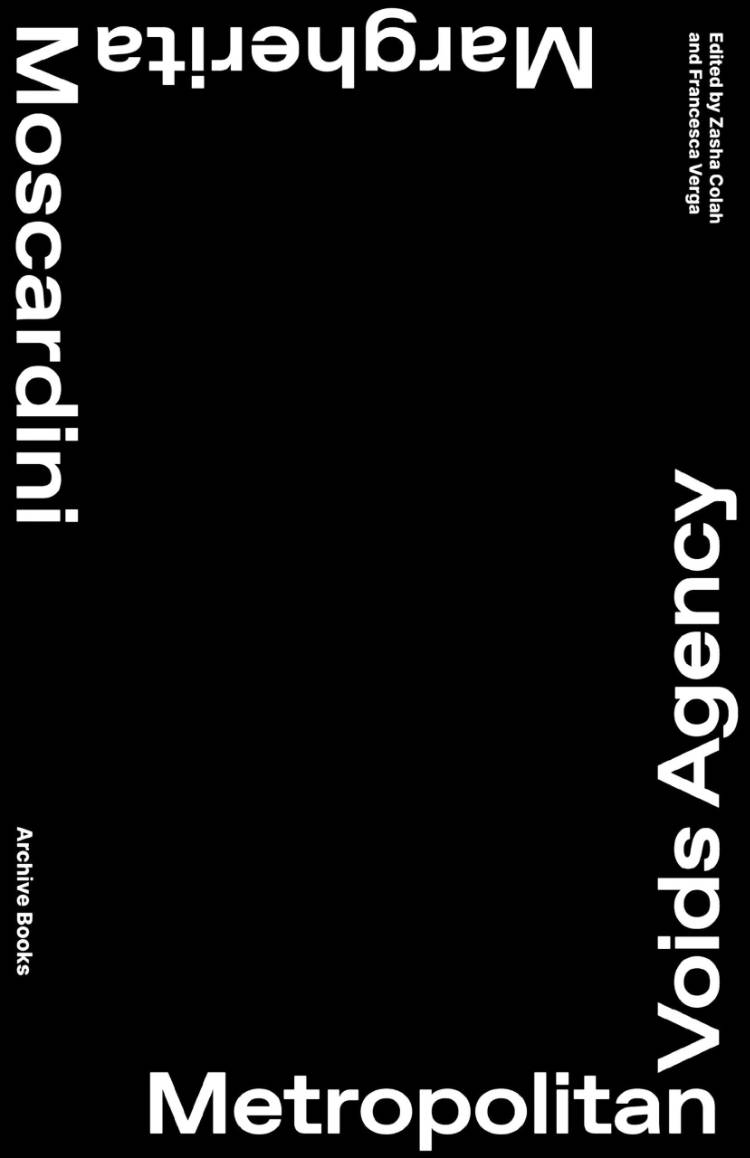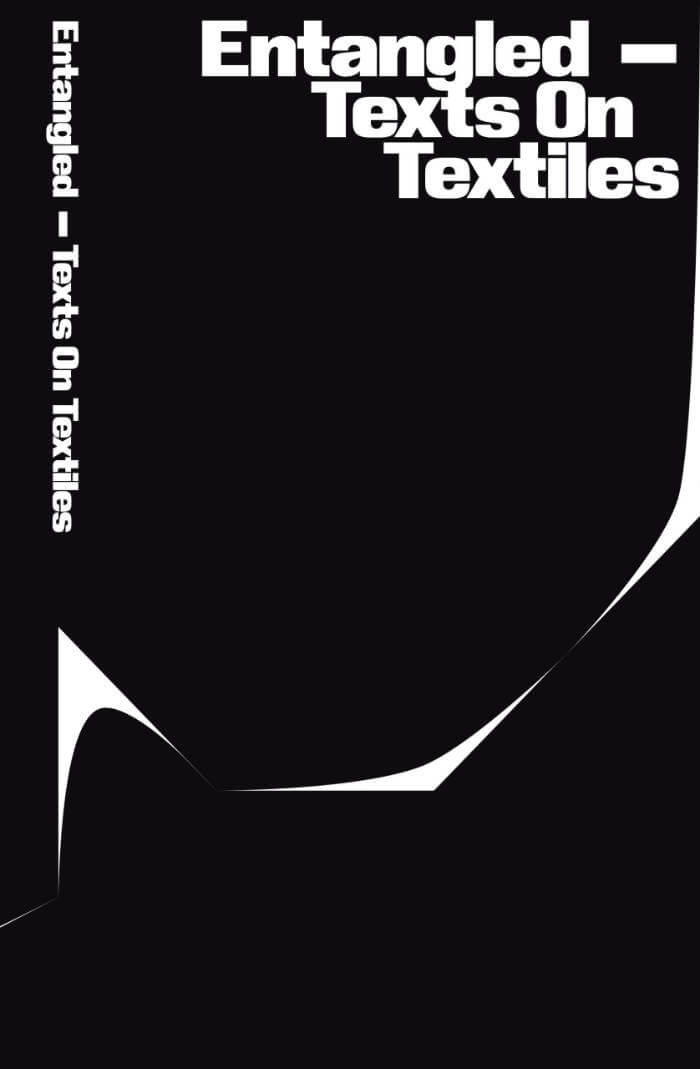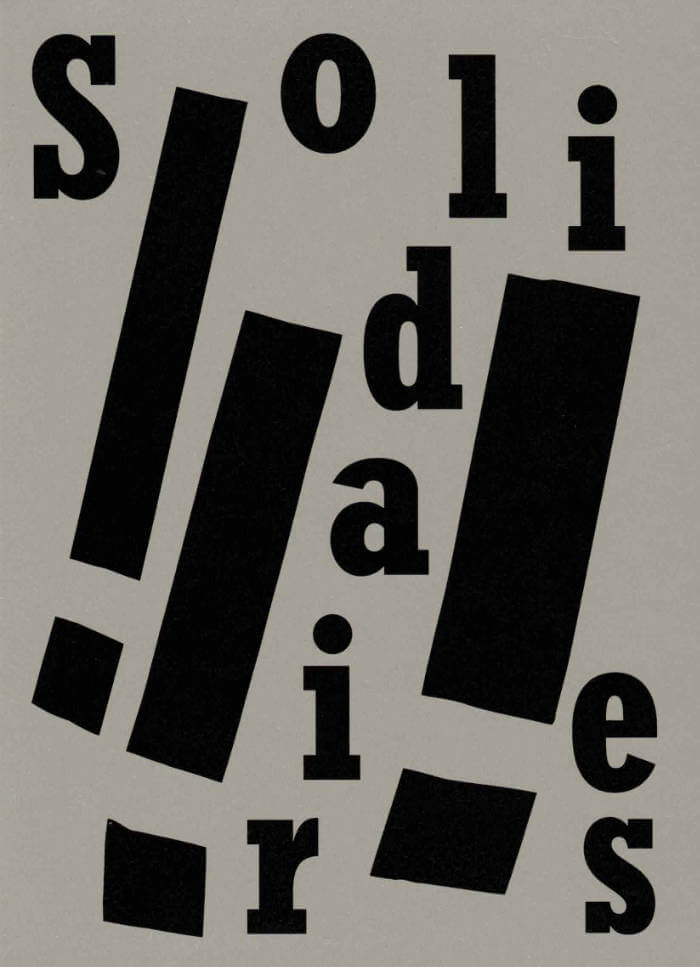
Not Working
Maurin Dietrich ed.
Not Working brings together the contributions by artists, theorists and writers who in their work examine the interdependence of artistic production and social class.
The complex structures and substantial rise in social inequalities, particularly visible in light of the current pandemic, have given the concept of class a wide range of connotations. Despite the ongoing attempts to view contemporary art in the sense of "class homogeneity"; it remains complicit in the reproduction and masking of existing conditions which it often claims to overcome. The texts in this book form a ground were class can be mediated with respect to artistic practices and other structures in the art world.
Published on the occasion of the exhibition Not Working, Artistic production and matters of class at Kunstverein München in 2020.
Contributions by Maurin Dietrich, Melanie Gilligan & Marina Vishmidt, Annette Wehrmann, Stephan Janitzky & Laura Ziegler, Lise Soskolne, Josef Kramhöller, Leander Scholz, Dung Tien Thi Phuong, Steven Warwick, Mahan Moalemi.







